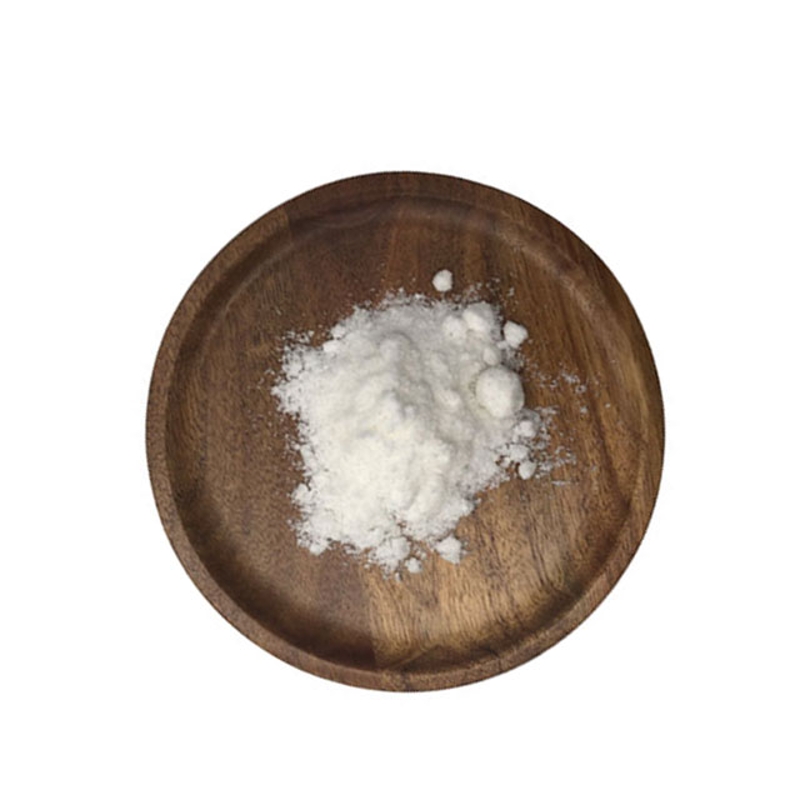-
Categories
-
Pharmaceutical Intermediates
-
Active Pharmaceutical Ingredients
-
Food Additives
- Industrial Coatings
- Agrochemicals
- Dyes and Pigments
- Surfactant
- Flavors and Fragrances
- Chemical Reagents
- Catalyst and Auxiliary
- Natural Products
- Inorganic Chemistry
-
Organic Chemistry
-
Biochemical Engineering
- Analytical Chemistry
- Cosmetic Ingredient
-
Pharmaceutical Intermediates
Promotion
ECHEMI Mall
Wholesale
Weekly Price
Exhibition
News
-
Trade Service
Although genome-wide association studies (GWAS) have discovered dozens of new risk sites in the past decade, lipoprotein E (APOE) ε4 alleles are still the strongest in sporadic Alzheimer’s disease (AD) Genetic risk factors, and the ε2 allele is the strongest protective genetic factor
.
Carriers of APOEε4 are 3 times (heterozygous) to 12 times (homozygous) at risk of developing AD than those of APOEε3, and symptoms appear earlier
Pathologically, the APOEε4 allele is mainly related to the burden of higher amyloid β (Aβ) plaques and cerebral amyloid angiopathy (CAA), while the APOEε2 allele is related to the lower burden of these two diseases Related
.
In fact, it has been observed that APOE and Aβ are deposited together in the dense core, typically neurotic amyloid plaques and CAA blood vessels
In the past 5 years, people's understanding of the role of APOE genotype in AD has expanded from focusing on Aβ to focusing on glial cells
.
APOE is expressed and secreted by microglia and astrocytes, which are known to respond to neuronal plaques (NPs) and can absorb and degrade Aβ
Previous quantitative neuropathological studies based on stereology did not find any absolute number of reactive (GFAP+) astrocytes and activated (IBA1+ or CD68+) microglia between APOEε4 carrying and non-carrying AD subjects.
Difference
.
However, recent transcriptome studies have shown that in mice expressing human APOE alleles (ε2, ε3, or ε4) in the mouse apolipoprotein locus (hereinafter referred to as APOE knock-in mice), as well as from AD patients In glial cells derived from human induced pluripotent stem cells (hiPSC) from the source of cells, the molecular characteristics of these glial cells are different depending on the APOE genotype
Recently, researchers tested the hypothesis that APOE alleles have different effects on the glial response by studying the effects of APOE alleles on the glial transcriptome of elderly control brains without neural amyloid plaques
.
Identify the genetic characteristics of microglia associated with the APOE genotype of normal aging
.
.
Identify the genetic characteristics of microglia associated with the APOE genotype of normal aging
This microglia-APOE cluster is rich in phagocytosis-including TREM2 and TYROBP-and pro-inflammatory genes, and it can also be detected in brains with frequent neuronal plaques- APOE cluster is rich in phagocytosis-including TREM2 and TYROBP- and pro-inflammatory genes, and can also be detected in brains with frequent neuronal plaques
Next, the researchers tested these findings in APOE knock-in mice exposed to acute (lipopolysaccharide challenge) and chronic (brain β-amyloidosis) injury, and found that these mice partially reproduced human APOE-related expression patterns
Therefore, this study comprehensively shows that the A POEε4 allele may cause microglia to enter a phagocytic and pro-inflammatory state during normal aging and Alzheimer's disease through the APOE-TREM2-TYROBP axis
A POEε4 allele may cause microglia to enter a phagocytic and pro-inflammatory state during normal aging and Alzheimer's disease through the APOE-TREM2-TYROBP axis .
Original source:
Original source:Alberto Serrano-Pozo et al.
Alberto Serrano-Pozo et al.
Leave a message here







